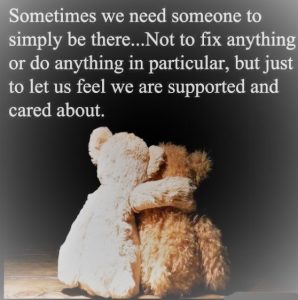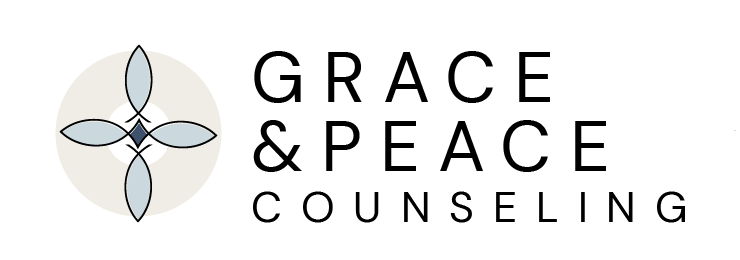 Mental health problems are common; however, we don’t often recognize that someone is struggling. We can see a broken arm – it’s more difficult to see when someone is experiencing distressing emotions.
Mental health problems are common; however, we don’t often recognize that someone is struggling. We can see a broken arm – it’s more difficult to see when someone is experiencing distressing emotions.
Although it has gotten better in recent years, there is still stigma associated with mental health problems. When we understand there is no difference between taking care of our mental health and our physical health, we can effectively help ourselves and others who are experiencing mental health struggles.
Because of ongoing stigma, many people don’t seek mental health services or even recognize that they are experiencing a mental health problem. Mental health diagnoses are often misunderstood. When someone is diagnosed with a mental illness, it simply means that their ability to function in their life has been affected. The person is having difficulty functioning at work/school, in social situations, and/or in daily activities. Most mental health diagnoses are time-limited and people can and do recover completely.
Sometimes, someone we know will experience a mental health emergency. There are some signs that can help us recognize that someone needs help. The signs are broken down into physical, emotional, thoughts, and behaviors.
- Physical: pounding heart, chest pains, rapid breathing, dizziness, nausea, aches/pains, shaking, changes in sleep, changes in eating habits, or changes in hygiene. (Some of these symptoms can also be associated with physical problems).
- Emotional: a change in mood or mood swings, excessive anxiety, excessive irritability, a lack of emotional response, hopelessness, more sensitive than usual, or low self-esteem.
- Thoughts: excessive self-blame, difficulty concentrating, confusion, rigid thinking, racing thoughts, delusions, paranoid thoughts, lack of insight, or thoughts of death or suicide.
- Behaviors: withdrawing, loss of motivation, increasing use of substances, changes in energy, avoiding people/places, compulsive behavior, or rapid speech.
How do I help:
- Ask about suicidality – contrary to popular opinion, asking someone if they are suicidal will not plant the idea or cause them to complete suicide. Rather, it often opens the door for them to talk and feel less alone.
- Listen without judgment – When someone is struggling, the last thing they want is advice. They simply need someone to be there, listen empathetically, validate their feelings, and avoid telling them how they should feel. It’s also important to keep the focus on the person, not on how you have a similar story.
- Offer reassurance – Giving reassurance is as simple as saying “Lots of people feel this way.” The goal is to help the person feel less alone. Make sure any information you provide is factual, such as “It may not seem like it right now, but you can feel better eventually.”
- Professional help as needed – Medical professionals can look for underlying physical problems, therapists can help people figure out next steps, and school counselors can work with students.
- Self-help strategies – You can offer appropriate resources such as a pastor, mentor, coach, self-help books, or a local support group. Things like yoga, exercise, and mindfulness are often effective self-help strategies.
Mental health struggles are nothing to be ashamed of or afraid of. Depression, anxiety, and emotions are simply a part of being human. They are a facet of our being, not our entire being.
